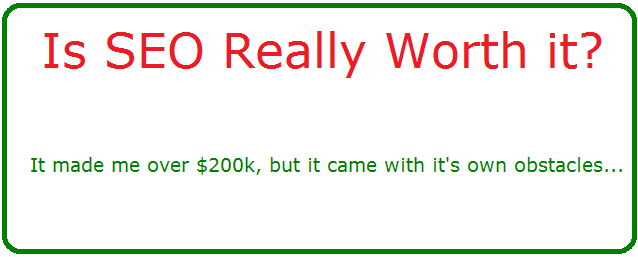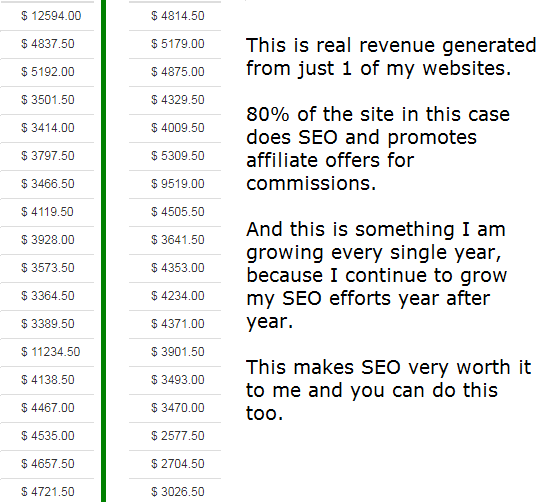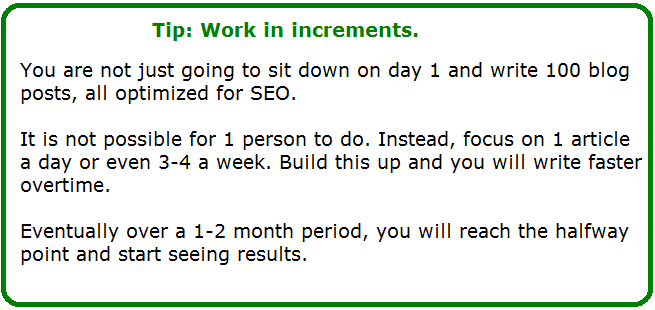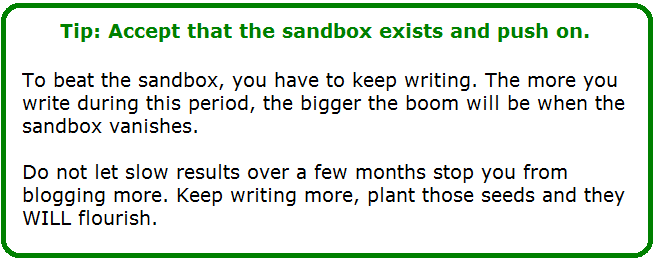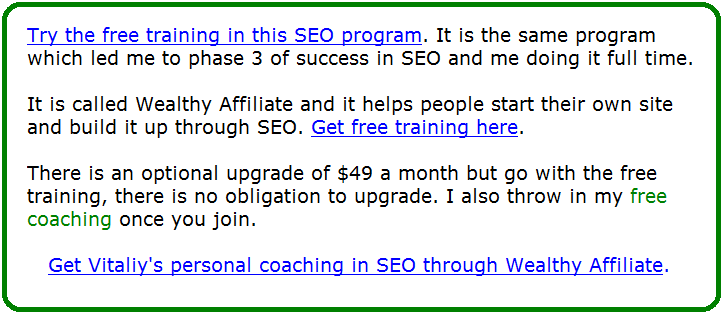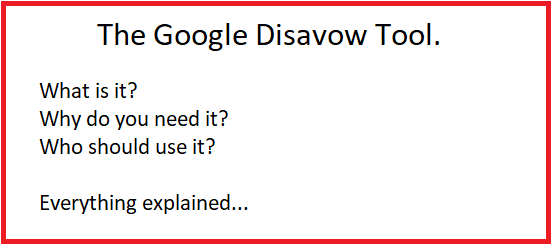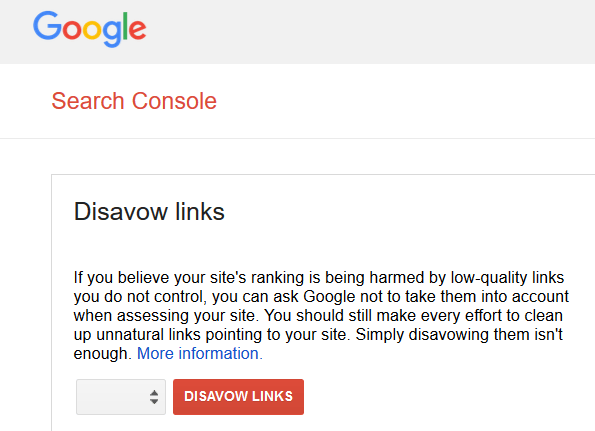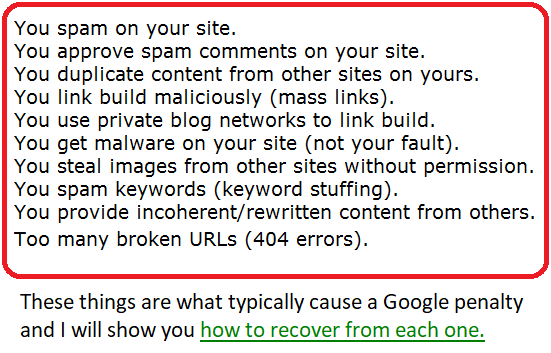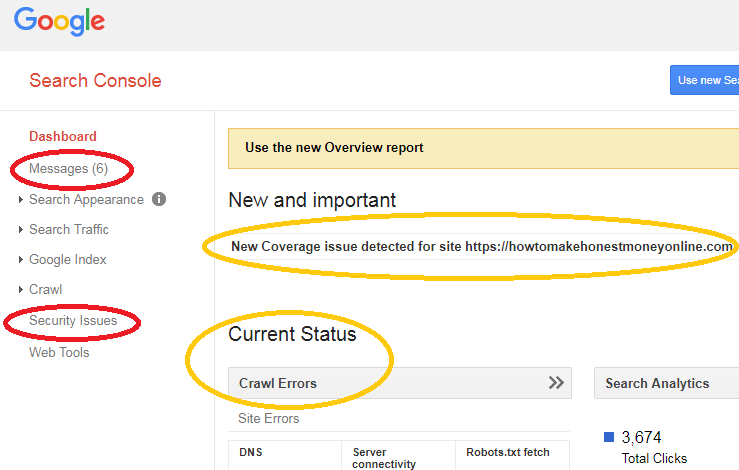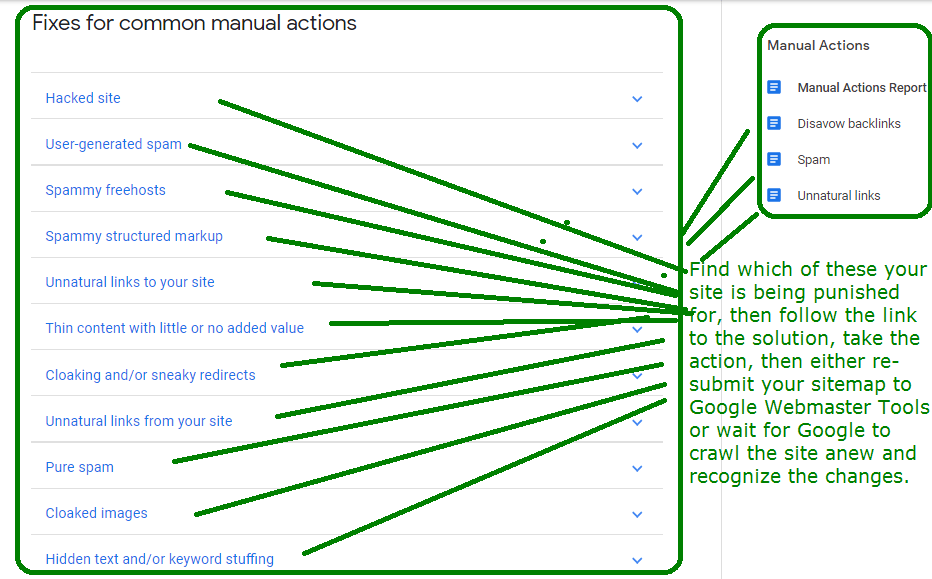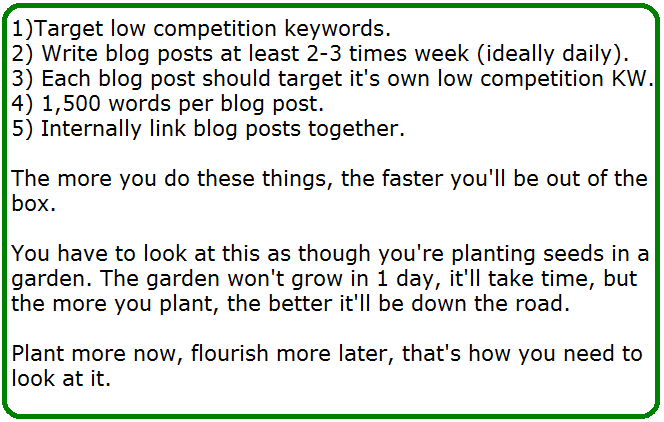
Parasite SEO is just another term for placing your website link on high traffic sites that Google loves so they will send you link juice and boost rankings.
But does this strategy work?
It can if used correctly, but often, the very term “parasite” gives people who first hear about it the wrong impression and usually that wrong impression leads them to do the wrong things to get their site either no boost in rankings or an SEO penalty.
There is a right way to do it, and I will show you it.
Parasite SEO (PS) explained more in-depth.
The most common and misinterpreted theory behind this strategy is that you “simply” post your website links on specific websites (High traffic sites) and through doing so, those sites send you a lot of traffic back, which then Google sees and interprets that your website must be some sort of catch to rank higher, and so they do.
This gives website owners the impression (the wrong one) that they don’t really need to focus on building up their website and that they can instead just head out, post a few links to their site/s on forums, other high traffic blogs (leaving a comment with their website link) and just site back and enjoy the link juice that comes from it.
In reality, the odds of this primitive approach to SEO isn’t going to get you anywhere. And like I said, there is also the chance that it can be done in such a wrong way, that penalties occur to your website.
See an example of how incorrectly this is talked about on this Quora post on PS. They make it sound like it’s a simple process of just linking and reaping the rewards, it’s simply not…
This is where I have 2 major warnings about this strategy:
1) This isn’t a cheat to boost rankings.
It’s often misinterpreted as such. The very way I just explained it above is how most people understand this subject, and then predictably, they think they can easily get rankings and this makes them engage in the wrong strategies.
2) You can’t focus too much on using this method, because…
The core to SEO success does not lie with this, but it lies with focusing on your site’s content creation and waiting for the sandbox period to end. The problem with PS is that it gives people the impression that it’s the other way around, and that ends up making them do one or two things:
A) They end up being lazy, not posting content on their site (which inevitably is what makes the site fail). Trust me, when people hear and think that they don’t need to work so much on their site and can post a few links to get rankings, most of the time, they WILL do it.
B) Or they focus too much on posting links in places where they will never ever get approved, so it’s empty work that produces no results, and they are left with no valuable links and no site to “feed off” through this method.
The truth is that you shouldn’t try to leech off other sites (They probably won’t let you).
This is the core problem behind PS and the way people think about it. Believe me, NO website is ever going to let someone they don’t know leech off their rankings and traffic.
Anyone who has a high ranking site and good traffic understands how difficult it is to reach that level of SEO and you can bet money that these people would never allow some stranger to just come in, leave a comment with their URL in it (a form of PS) and just funnel traffic from the said site to theirs, not unless they are someone the website owner KNOWS.
Now some people make the claim that PS success comes from posting links on social media and other similar sites, but I say that this is often a useless tactic for 2 reasons:
1) It is totally fine to make your own social media pages that funnel traffic to your site, but they start off empty and you need to build them up so they become known, and THEN you can leverage them for rankings.
See my social media SEO post here to understand how that works.
2) Some people suggest finding popular social media pages with large communities and posting your link on their page, in hopes that the large community will see that link and click it (again, this is all parasite SEO examples).
But folks, this is spam and spam never gets approved by any decent social media page, because they don’t want their page to become sullied with people who do this, and any community page on social media that allows this to happen quickly dies out.
So in other words, good pages with PS potential in this context, won’t allow you to leech off them.
When PS really works, 2 scenarios:
There are a few circumstances in which this approach works, but what you will find is that in order to even get to these points, you will need to EARN it and like I said earlier, there is no cheating your way to this point, it WILL take hard work:
1) Your site through legitimate SEO strategies, becomes well ranked (see tips) and earns traffic.
You use this traffic, create social media pages or email lists and then build communities off these things. In the process you become your own “leech” in a way because you don’t rely on any other channels or places to link back to you. You already possess them through working hard on your site.
2) Through the process of building your site and it’s rankings through #1, you become well known by others who also possess their own communities and followings.
Then when you are known by these people and trusted by them, they will allow you to share your site and “leech” off them, and odds are, they will ask you to do the same and this can occur through things like guest blog posts or promoting each other on your sites.
So as you can see, in it’s most legitimate approach, parasite SEO is nearly impossible to succeed at if you follow the traditional way of doing it. Instead, you have to acknowledge that this cheap way of getting rankings is usually met with failure.
How can I tell if a PS strategy is legit:
Since there are many forms of using this strategy, I’m going to give you a special tutorial to help you figure out if the PS strategy you’re thinking of using will work or not.
First, understand that in it’s essence, you’re simply trying to get your website link out on websites that get a lot of traffic and you hope that in doing so, that the masses will see this link, click it and give you link juice.
Based on this, the bigger the link juice the better the rankings. Now I also refer to this as “backlinking” and it literally is the same thing. In other words:
PS = Backlinking.
So based on that explanation, read this guide I wrote. In there I detail how to identify the value of a backlink based on it’s context and it all comes down to identifying if it brings you link juice or not.
- If it doesn’t, forget it.
- If it does, use it.
I assure you that within 5 minutes after reading that article, you’re going to turn into an expert on everything regarding backlinks, link juice and PS, because it is all based on the same concept.
